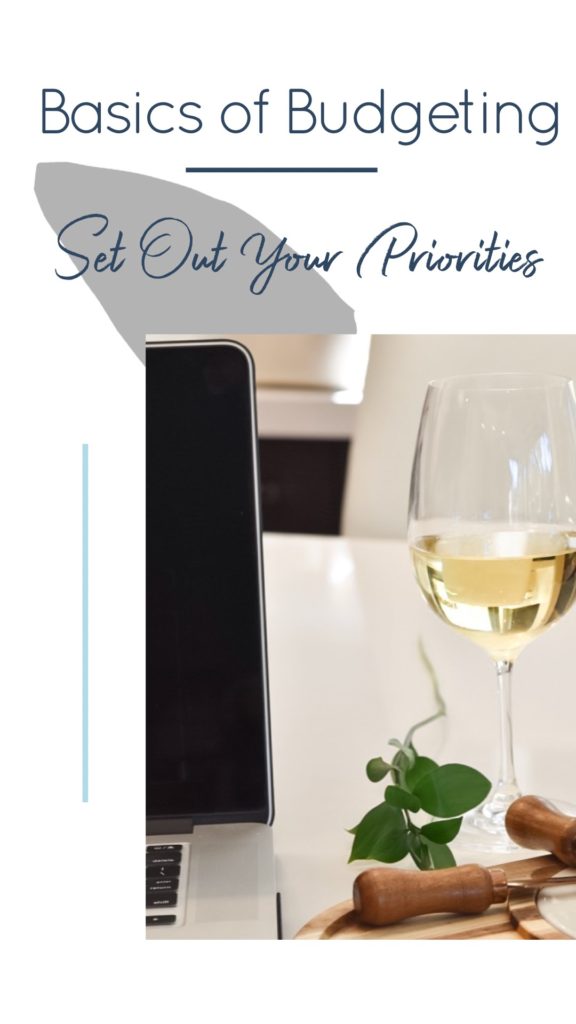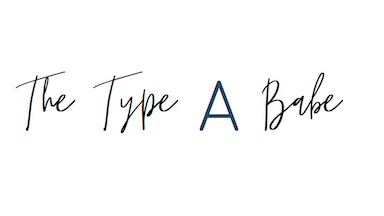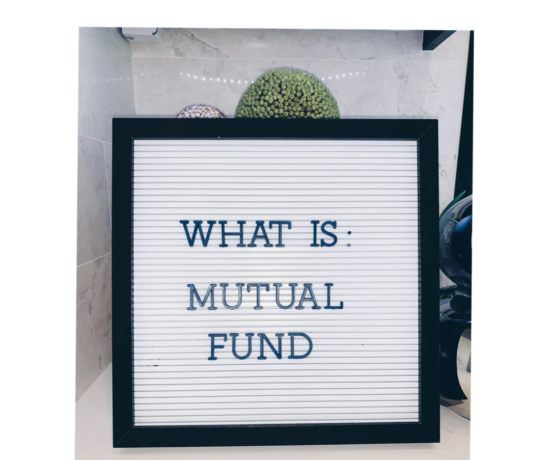
Congratulations! You have completed the first step towards setting up a budget and getting in control over your finances. Now grab a glass of wine and enjoy what you have already completed.
Determine Your Priorities
Now that you have an idea of where you have been spending your money and what you have coming in, it’s time to think about your priorities. Every day, there are going to be lots of different things that you can spend your money on. That is why it is important to have priorities set going into the budgeting exercise so you can feel confident when deciding where you want to spend your money, and most importantly, make sure your money is working for your future!
It’s better to take the time now when setting up a budget to think about what you value and how you want to live your life and then work on the best way to make that happen. That guy who brags about living off of ramen and having a super large savings account may not value going out to eat with friends as much as you, and that’s perfectly fine! Ramen is super salty anyways, who needs the bloating
Short Term and Long Term Priorities
Besides your short term priorities, like going out to eat with friends or certain hobbies, it is also good to think about some longer term priorities. Do you want to buy a house in a few years? Take a big vacation next year? Have enough savings to take an extended time off of work? If you want to do any of these things, then it should be built into your budget and it should be one of your priorities.
For example, I would love to buy a house in the next few years, so I am saving up for a down payment. I don’t necessarily have a set amount in mind, but I just want to feel like I am working towards it. So I am going to make sure that every month I put some of my money towards saving for this. A good resource to learn about this the book You Need a Budget. Read more about it here.
Make your plan based off of what you have today
While it can be fun to think about how much money you will have in the future and how you are going to spend it, that isn’t budgeting. Part of the reason I like to start with a review of your spending as a first step is so that you can be aware of what your current situation is.
When you use your current situation as a starting point, it will be easier to stick to it an overall budget since you are only using values that you currently relate to. Using numbers you think will happen in the future is forecasting and not budgeting, and by nature this is much more of an abstract and thus harder to stick with. Focussing on the money you have coming in now will be a good anchor to help you stick on track with your budget.
Okay, deep breath! I know that was very conceptual, but knowing your priorities will help in those times when you are struggling to determine where you should allocate your funds and still make sure that your money is working for your future.
What are your priorities? Let me know in the comments below!



